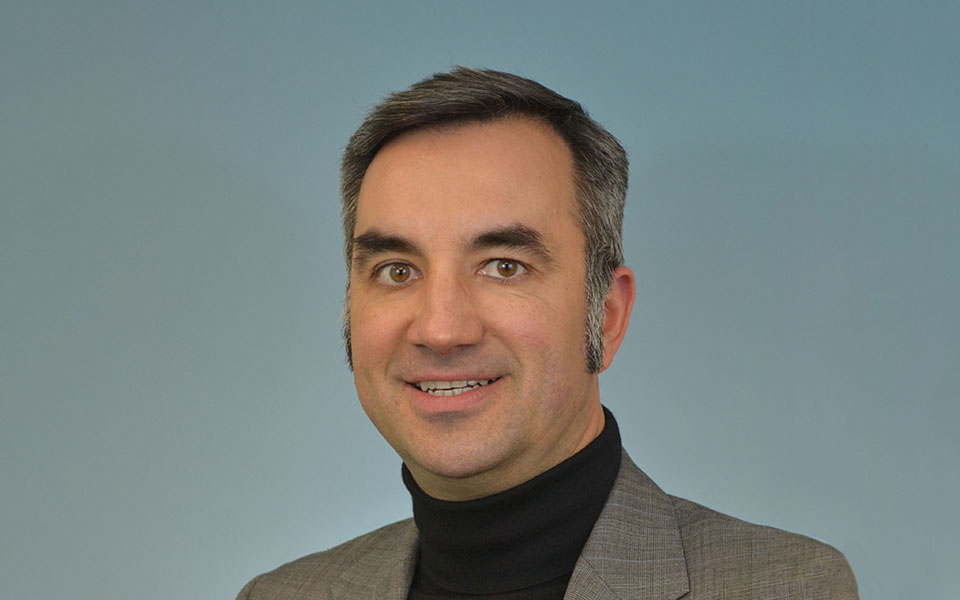Food production is changing, of that there is no doubt. The reasons for this are also well known – there is growing awareness of the need to reduce the strain on our planet’s natural resources and consumers are changing their habits as a result.
But it is in how food production is changing that perhaps provides the most interesting development. To me, we are on the cusp of a new epoch of food production – and just at the right moment.
In February, Calysta announced the formation of a joint venture with Adisseo – a global leader in animal nutrition – to produce FeedKind® protein for use in aquaculture, exclusively for Asian markets.
Called Calysseo, the new venture represents something of a watershed moment for alternative proteins. For the first time, feed ingredients that use absolutely no arable land and very little water will be used to produce food for one of the largest markets in the world.
It is also the first time that a new protein will be used at commercial scale to make the production of fish for human consumption sustainable.
The process harnesses the power of a natural bacteria, fermenting gas to create a nutritionally complete protein that’s perfect for shrimp, salmon, trout and other fish species.
The impact of this should not be underestimated. Every single kilo of FeedKind used in aquafeed means less impact on the world. No forests have to be felled to make way for its production, meaning we don’t have to use fertilizers to ensure it is ripe for growing, nor do fish have to be plucked from the ocean to be turned into fish feed.
And with very little water used in the production process – we can reduce the impacts of erosion and water shortages associated with growing crops that may themselves be destined for use in aquafeed.
For the fish, FeedKind is just the same as any other protein, a source of protein and nourishment – and importantly it doesn’t alter the appearance or taste of the fish when harvested.
One question we could consider in this circumstance is – is this necessary? We still have plentiful supply in the markets. Is there really a problem?
While we may not be at the point of crisis and shortages – we are absolutely at the point of requiring action. In France, we have a proverb: “Mieux vaut prévenir que guérir.” In English: “It is better to prevent than to heal”.
The fact is, we are already healing – sustainability is something we should have considered in the food chain generations ago, meaning we now have no choice but to play catch up. Importantly, we cannot afford to repeat the mistakes of the past. We have to start to do things differently.
Today, we are starting to right those wrongs and with Calysseo, we have a real opportunity to start to make a meaningful and lasting impact on the way food is produced and to ease pressure on our planet.
For the business, this is a significant step forward for commercializing our product – but the prospect of introducing a truly sustainable protein that can help preserve biodiversity and provide greater food security for all is one we are thoroughly looking forward to delivering.
Thomas JG Huot Ph.D., COO Calysta and Director of Calysseo
Back to journal